Are you curious about ancient civilizations and archaeological finds? Here are the archaeology museums you must see in Region of Murcia:
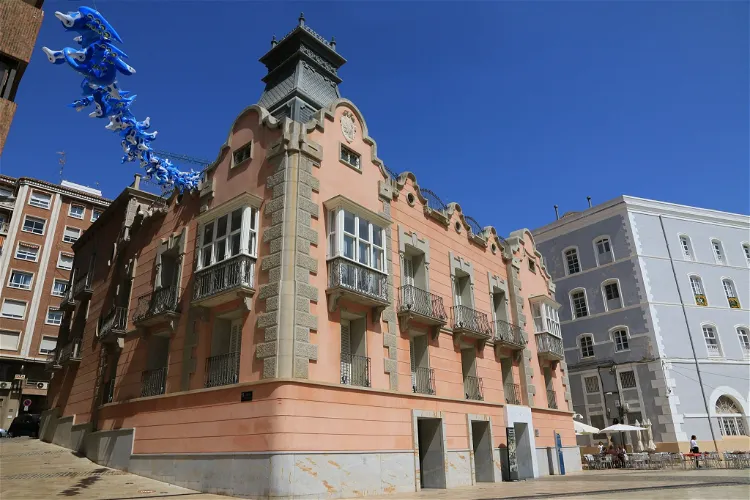
Roman Theatre Museum
CartagenaThe Roman Theatre Museum in Cartagena, a creation of architect Rafael Moneo, was officially opened to the public on July 11, 2008. The museum is dedicated to the excavation, restoration, and enhancement of the Roman Theatre of Cartagena.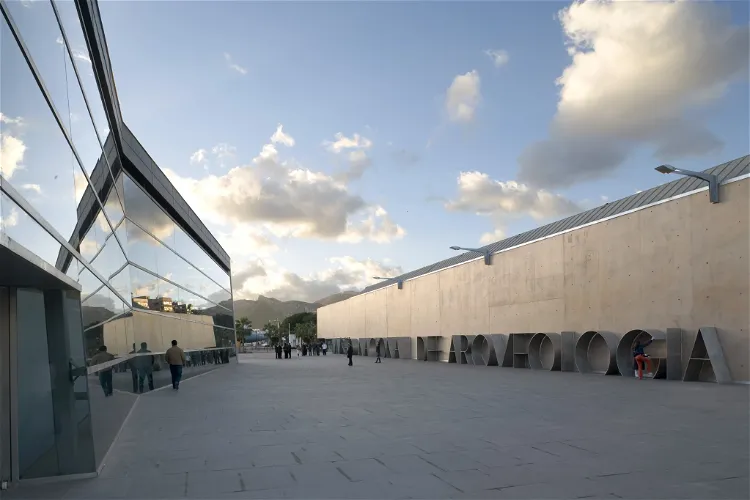
National Museum of Underwater Archaeology
CartagenaThe National Museum of Underwater Archaeology, also known as ARQVA, is an archaeological museum that specializes in underwater findings. It is situated in the city of Cartagena, in the region of Murcia, Spain. This museum offers a unique opportunity to explore the rich underwater archaeological heritage of Spain.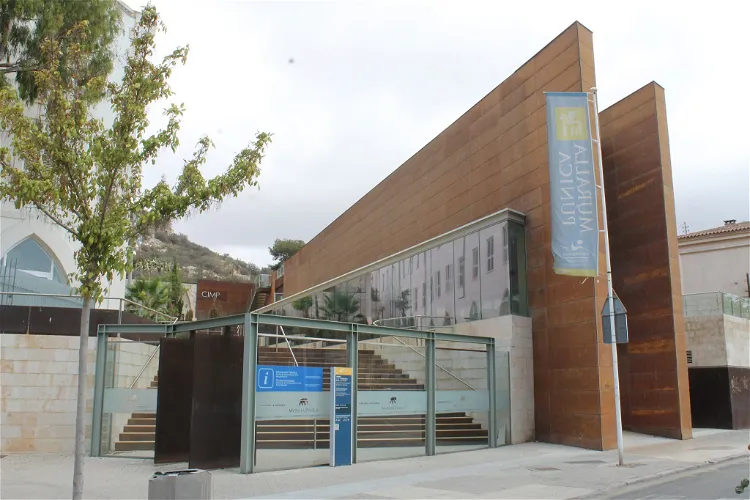
Punic Wall
CartagenaThe Punic wall of Cartagena is a significant archaeological site dating back to the 3rd century BC. It was constructed by the Carthaginians and stands as one of the few remnants of Carthaginian civilization in Spain. The wall bears witness to one of the most important events of Ancient history in the Mediterranean Sea: the Second Punic War.
Murcia Cathedral Museum
MurciaThe Museum of the Cathedral of Murcia is a museum that is part of the building of the cathedral. It was created by desire of Bishop Miguel de los Santos and inaugurated in 1956. The museum occupies the Chapter House and the old Gothic cloister of the mid-fourteenth century, and exhibits various arti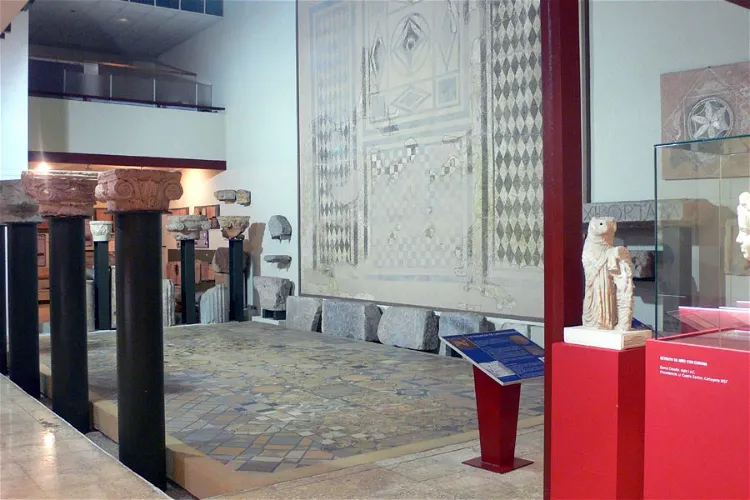
Municipal Archaeological Museum of Cartagena
CartagenaThe Municipal Archaeological Museum of Cartagena is an institution that focuses on the preservation, study, and display of archaeological objects from the municipality of Cartagena in the Region of Murcia, Spain. It is part of the Regional Network of Museums of Murcia. The museum's collections span from the Middle Paleolithic period to almost the present day, with a particular emphasis on Roman artifacts due to the significant impact of Romanization on the city of Cartagena.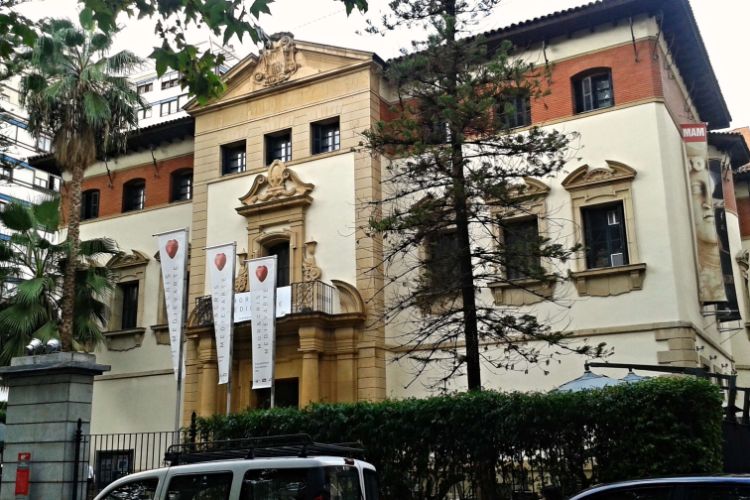
Museo de Arqueología
MurciaThe Archaeological Museum of Murcia (Museo de Arqueología, MAM) is a history museum in Murcia, which is home to 16 exhibition rooms with archaeological remains from different sites in the Region. On the ground floor the objects of Prehistory (from the Paleolithic to the Bronze Age) are exhibited, wh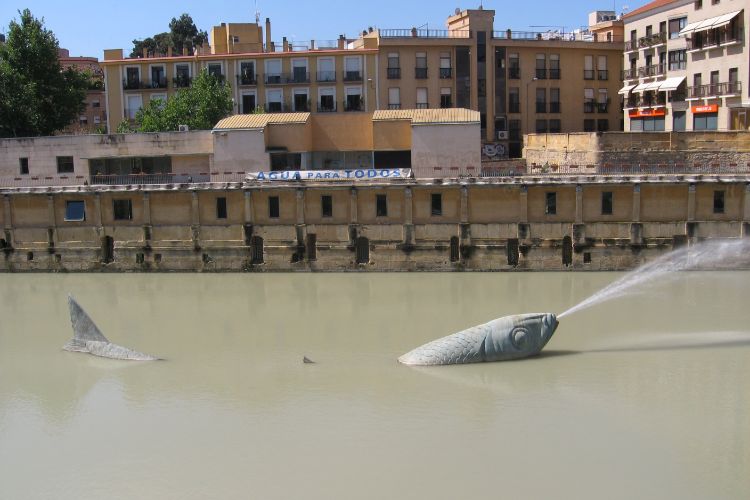
Espacios Molinos del Rio Caballeriza - Museo Hidraúlico
MurciaEspacios Molinos del Rio Caballeriza - Museo Hidraúlico (also The Hydraulic Museum of the Molinos del Río Segura) is located in the city of Murcia. The historic building of the mills, from the 18th century, underwent a renovation to be adapted into a museum by Juan Navarro Baldeweg. It shows the fac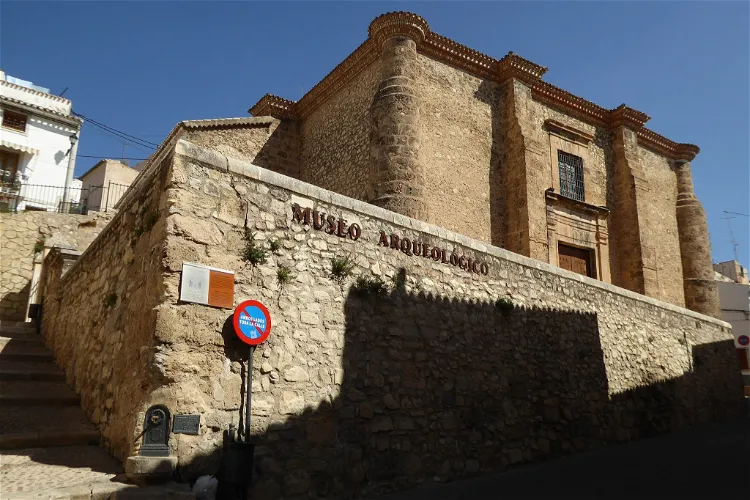
Soledad Municipal Archaeological Museum
Caravaca de la CruzThe Soledad Church, a former fortified Renaissance church from the second half of the 16th century, is located in the town of Caravaca de la Cruz, Spain. Today, it serves as the home of the local Archaeological Museum. This historical building offers a unique blend of religious and historical significance, making it a fascinating destination for tourists interested in both history and architecture.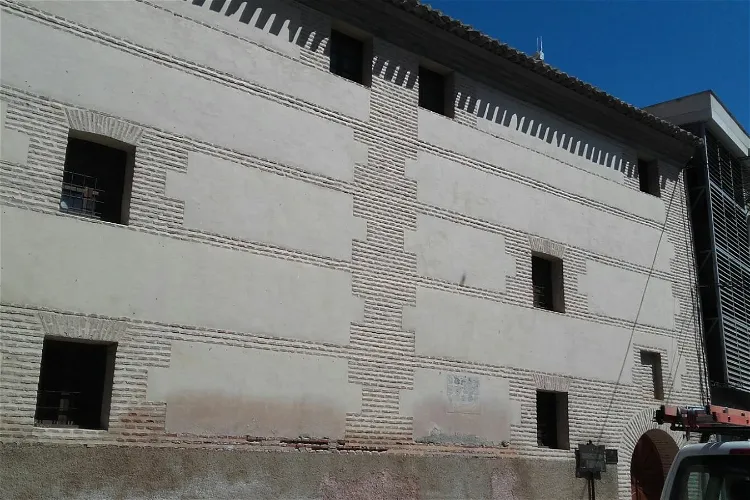
La Encomienda Archaeological Museum
CalasparraThe museum provides a comprehensive overview of the history of Calasparra, from prehistory to the medieval period (13th century AD). It places a special emphasis on the findings from the Islamic site of Villa Vieja. These findings offer a unique insight into the Islamic culture and history of the region.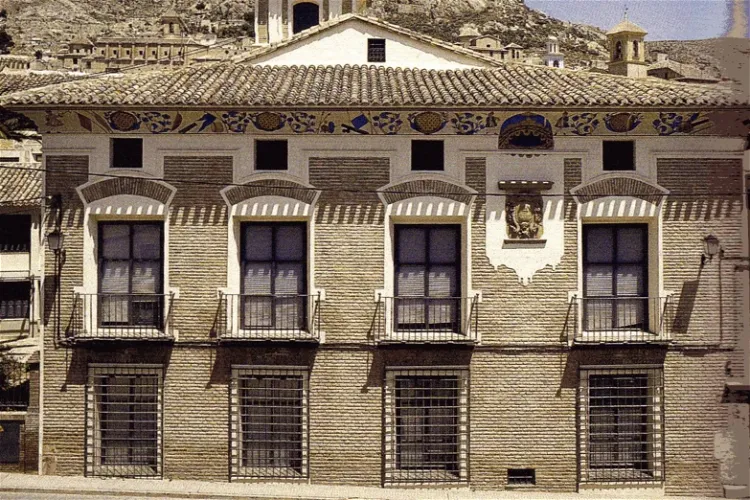
Cigarralejo Museum of Iberian Art
MulaThe Cigarralejo Museum of Iberian Art, located in Mula, Murcia, Spain, is home to a significant collection of archaeological materials from the Iberian period, specifically from the 4th to the 1st century BC. All these artifacts originate from the Iberian complex of El Cigarralejo, making the museum a rich source of historical and cultural knowledge.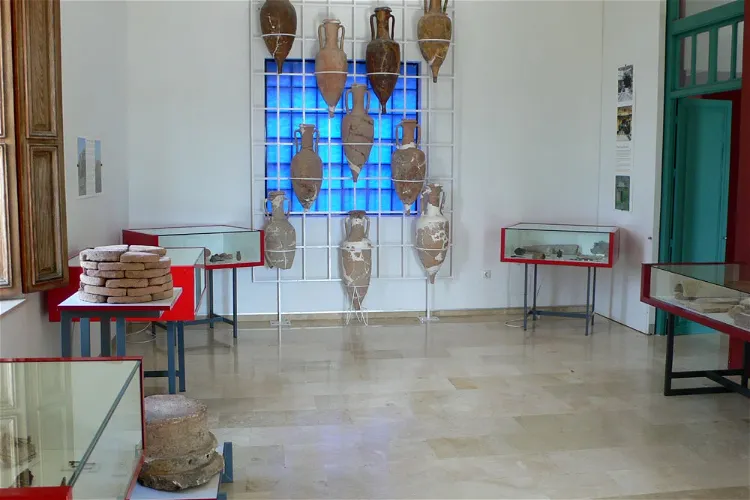
Portman Archaeological Museum
La UniónThe Portman Archaeological Museum is a small museum nestled in the village of Portman, which is part of the Region of Murcia. This location offers visitors a chance to explore the rich history of the area while enjoying the charm of the village.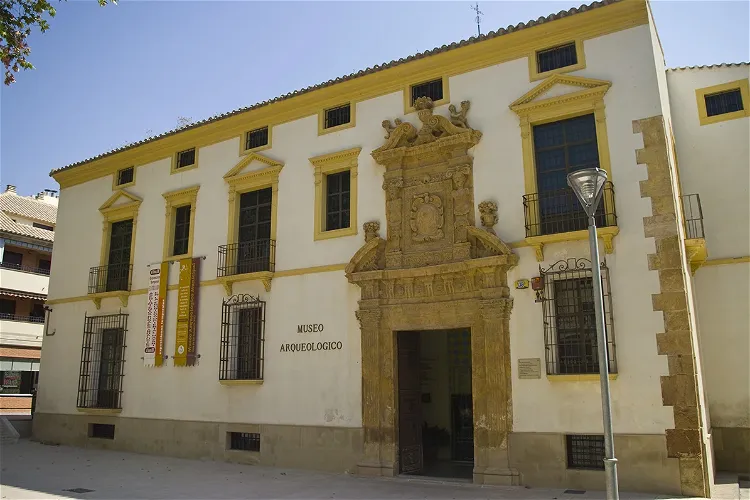
Archaeological Museum of Lorca
LorcaThe Archaeological Museum of Lorca is housed in the beautifully renovated 'House of Salazar', a building that dates back to the early 17th century. This historic setting adds to the charm and authenticity of the museum, making it a fascinating place to explore for any visitor interested in archaeology and history.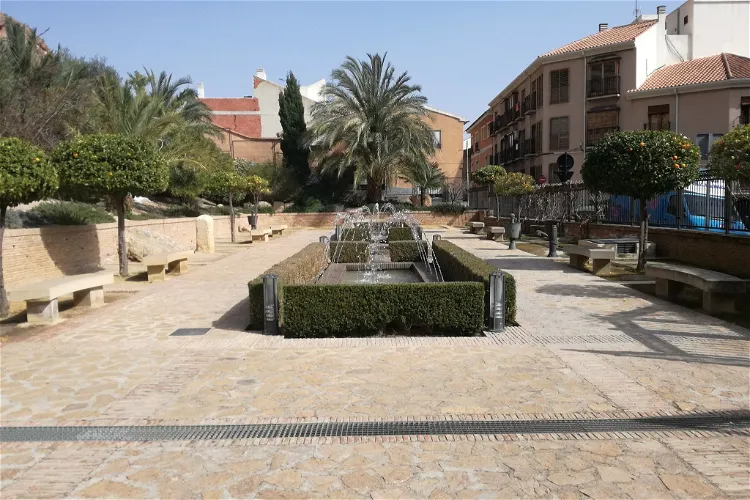
Los Baños Archaeological Museum
Alhama de MurciaThe Los Baños Archaeological Museum, situated in the city of Alhama de Murcia, Spain, was officially opened to the public on May 24, 2005. This museum is a significant cultural landmark in the region, offering visitors a unique opportunity to explore over 2000 years of history.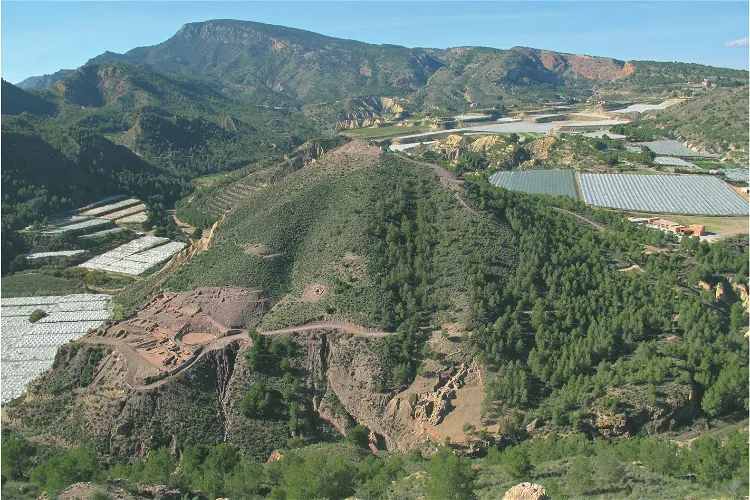
La Bastida de Totana
TotanaLa Bastida de Totana, located near Totana in the region of Murcia in southeastern Spain, is an archaeological excavation site of significant importance. It is recognized as one of the key cities and necropolis of the El-Argar culture. On October 19, 2005, it was included in the list of protected cultural assets, known as Bien de Interés Cultural. This site offers a unique opportunity for tourists to explore the remnants of a significant ancient culture.